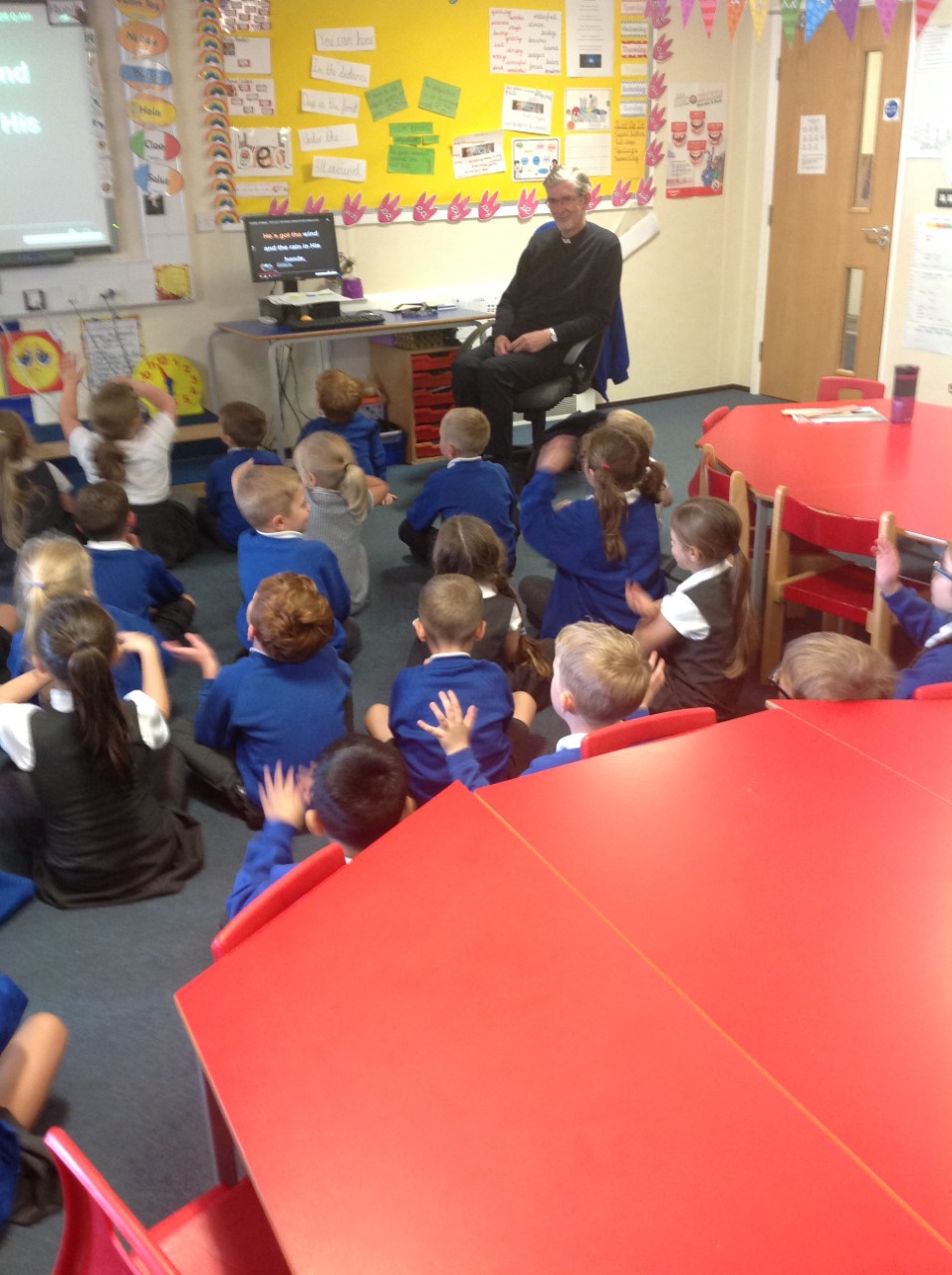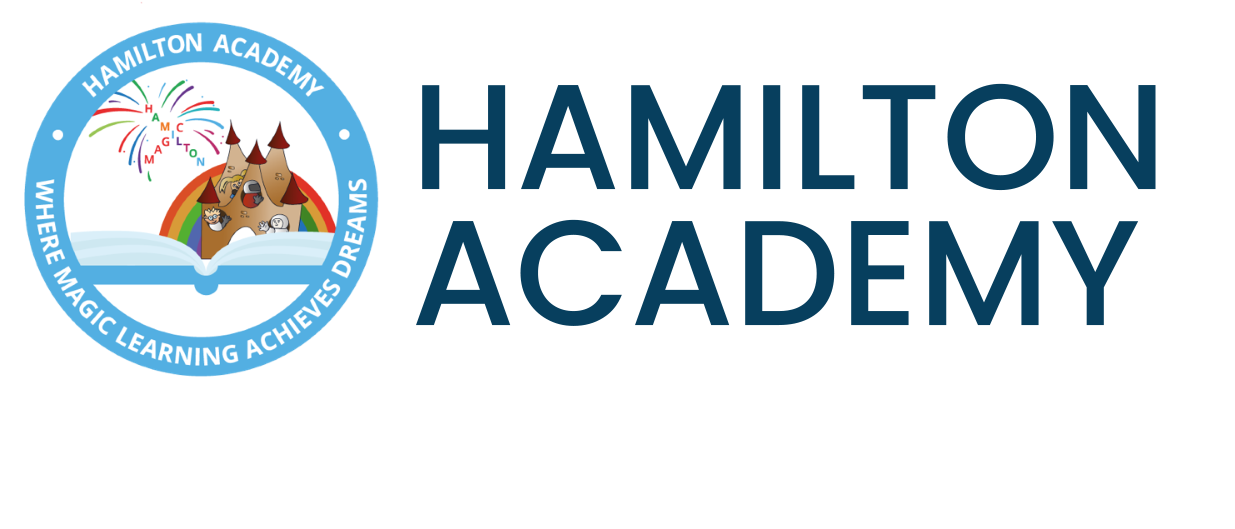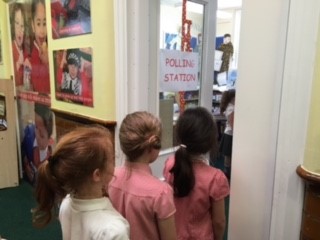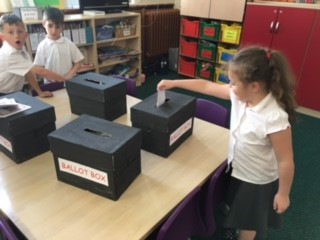Hamilton Academy British Values and SMSC (Social, Moral, Spiritual and Cultural) curriculum statement
The DfE have reinforced the need “to create and enforce a clear and rigorous expectation on all schools to promote the fundamental British values of democracy, the rule of law, individual liberty and mutual respect and tolerance of those with different faiths and beliefs.”
The Government set out its definition of British values in the 2011 Prevent Strategy, and these values were reiterated in 2014 in ‘Promoting fundamental British Values as part of SMSC (Social, Moral, Spiritual and Cultural [education]) in schools’.
At Hamilton, we promote the basic British values of democracy, the rule of law, individual liberty, and mutual respect and tolerance for those with different faiths and beliefs in the following ways:
Democracy
We have a School Council with members from Reception to Year two; these children are elected by their class. The Council meets regularly and in the meetings the children’s views and ideas on a range of school issues are sought and they help make decisions, for example how children will be rewarded (Attendance, parties related to our behaviour policy). They also collect class views which they bring to their meetings and are involved in fund raising for the school. We have Playground Leaders, which are again, voted for by their peers in a democratic way.
On an annual basis year 2 children are taken to the Town Hall to further develop their understanding and experience of living in a democracy during the city wide ‘Local Democracy’ week. This event enables them to debate topics with other school councilors from other local schools.
Democracy
In the Summer term, our School Council short-list books for our One Book One School project. These are then voted for by all the children in our schools from Nursery to Year 2.
During a General Election year, children are taught about the voting process through assemblies and current affairs teaching. We also teach children about special votes, for example The European Referendum.
The Rule of Law
 As part of their moral development, children are taught the value of and reasons behind our school’s Golden Rules, the responsibilities that these involve and the consequences when rules are broken. Each class agrees its own class rules at the beginning of the academic year and the subsequent consequences for not following these rules and the rewards for adhering to them. Our children know that they have rights and responsibilities of following the school rules and these are promoted consistently though all aspects of school; for example, our Behaviour Policy, Class and School rules, E-Safety learning and Anti-bullying learning. We reward expressions of moral insight and good behaviour through our school behaviour policy and reward system. We also reinforce our school’s values through images, posters and classroom displays.
As part of their moral development, children are taught the value of and reasons behind our school’s Golden Rules, the responsibilities that these involve and the consequences when rules are broken. Each class agrees its own class rules at the beginning of the academic year and the subsequent consequences for not following these rules and the rewards for adhering to them. Our children know that they have rights and responsibilities of following the school rules and these are promoted consistently though all aspects of school; for example, our Behaviour Policy, Class and School rules, E-Safety learning and Anti-bullying learning. We reward expressions of moral insight and good behaviour through our school behaviour policy and reward system. We also reinforce our school’s values through images, posters and classroom displays.
Through PSHE and SMSC (Social, Moral, Spiritual and Cultural) experiences, children are taught about the law in the wider community. We have strong links with the local PCSO (Police Community Support Officer), who comes to school to talk to the children.
Individual Liberty & Mutual Respect
Children are actively encouraged to make choices, knowing that they are in a safe and supportive environment. Through our work we discuss different choices that the children can make and encourage them to make the right choices. Whether it be through choice of learning challenge, of how they record, of participation in our extra-curricular clubs and opportunities, pupils are given the freedom to make choices. We promote a growth mind-set in our children to develop their ability to look for positive ways to tackle challenges in work and in life. We look at E-safety as a key part of the computing curriculum and the importance of making safe choices when online.
children can make and encourage them to make the right choices. Whether it be through choice of learning challenge, of how they record, of participation in our extra-curricular clubs and opportunities, pupils are given the freedom to make choices. We promote a growth mind-set in our children to develop their ability to look for positive ways to tackle challenges in work and in life. We look at E-safety as a key part of the computing curriculum and the importance of making safe choices when online.
Mutual respect is at the heart of our values. We are an inclusive school where everyone is valued and has a contribution to make to the school. Children learn that their behaviour has an effect on their own rights and those of others. Our school has a motto (‘Everyone is Special’). This encourage our children to have mutual respect in a culture that is fully inclusive, enabling them to learn together and from each other. Through their spiritual development, children are given the opportunity to develop a set of values and principles which, compliment the ethos at Hamilton, and inform children’s perspective on life and their patterns of behaviour. They learn to develop an awareness of, understanding and respect for their own and others’ beliefs. All children are given the opportunity to ask questions about other cultures and practices through the teaching of RE and Geography. Equally important is the opportunity to reflect on their learning and progress and to learn from this reflection. At Hamilton, we promote teaching styles which value pupils’ questions and give them space for their own thoughts, ideas and concerns so they can make connections between their learning and the context of their own lives.
Tolerance of those of Different Faiths and Beliefs

Different faiths and beliefs are explored and celebrated through assemblies, current affairs teaching and with the support of a variety of visitors into school. The children are taught that people have different faiths and beliefs and that these should be accepted. As part of our cultural curriculum, we celebrate festivals from different faiths as a whole school community. Our ‘Equality and Diversity’ celebration, celebrates our cultural and religious differences and teaches our pupils tolerance and understanding towards everyone.
At Hamilton, we will actively challenge children, staff or parents expressing opinions contrary to the fundamental British Values, including extremist views.
Social Development
.jpg) Throughout the teaching of the fundamental British Values, we actively promote children’s social development through:
Throughout the teaching of the fundamental British Values, we actively promote children’s social development through:
- Fostering a sense of community through involvement in sports events, partnerships with the local church and supporting local charities and events.
- Encouraging children to work co-operatively; for example, paired and group work, the use of ‘Chatty partners’ to promote discussion, Play-ground leaders and school council.
- Providing positive cooperative experiences; for example, sporting events, Christmas and Summer performances, and ‘Song bird’ and ‘Dance Extravaganza’ performances.
- Providing children with role models from their community; for example, visits from firemen and police officers.
- Helping pupils to develop personal qualities which are valued in society; for example, thoughtfulness, honesty, respect, moral principles, independence and self-respect.
- Encouraging children to challenge appropriately using debate.
- Helping children to resolve tensions between themselves and others through adult support, PSHE, circle time discussions and assemblies.


